The only time I ever saw a wolf in the wild, a small one, I was so frightened that I closed my eyes. It was a useful insight into the depths of my own cowardice.
Every day, with each new story about the exciting breakthroughs we’re making in genetic engineering, I feel that same shameful urge to shut my eyes.
Far faster than anybody thought, we’re working out the genes responsible for all manner of traits in all creatures great and small. Far more easily than anyone expected, we’ve moved from standard gene therapies to figuring out how to actually edit our own DNA, to ferret around inside living cells, snipping out duff genes and replacing them.
Until recently it was mostly mice at (or under) the cutting edge of this new technology. But late last year, just as everyone in the West was agreeing that human trials were a mistake, China piped up and announced that it had injected ‘edited’ genes into a cancer sufferer. Then America joined in. The University of Pennsylvania said that it was waiting for the final say-so on a trial which will edit the T-cells of cancer patients (funded, oddly, by Facebook’s Sean Parker). The race is on. The science press have begun to talk about a new moonshot, another great international competition, this time between the US and China.
Edited humans! It’s all happening at a dizzy-ing pace. But it’s this pace which requires us to stay alert. All of us, even those who recoil at the thought of genetic tinkering. The more I read, the more I think that we kooks and God-botherers, luddites and nonagenarians have got to start paying attention, because gene-editing will in the end affect all of us, and it’s going to take our collective and varied wits to figure out what to do.
The Spectator reported on the whole affair in a cover story about this time last year, and introduced us to the discovery that’s made this gene revolution possible: Crispr Cas-9. Crispr stands for Clustered Regularly Interspaced Short Palindromic Repeats (meaning weird sections of seemingly repeated genes) and in its normal life it’s a tool evolved by bacteria to use in their age-old war with virus-kind. Clever bacteria can snip out sections of hostile virus DNA and store them between sections of their own DNA (the palindromic repeats) so as better to know the enemy next time. It’s this search-and-snip function that scientists have repurposed and reprogrammed — that lets us doctor all DNA.
The great worry of this magazine last spring was that gene-editing would mean the return of eugenics: that the future rich would buy all manner of genetic upgrades for their progeny, leaving poorer kids in a lower caste. This anxiety is widely shared but possibly misplaced.
Matt Ridley pointed out a few years ago, when Crispr first hit the press, that real eugenics is state-sponsored, coerced. Back in the bad old days, sterilisation programmes were enforced by governments who deemed only certain people worthy of breeding. The 21st-century rich may well pay to be Crispr’s first guinea pigs, but if we all pay attention and hold our governments to account, cheap and safe gene therapy can be available to everyone. This fear of eugenics seems to me dramatically outweighed by the hope for people with single-gene disorders such as Duchenne muscular dystrophy, sickle-cell anaemia, cystic fibrosis, and for cancer sufferers. Who hasn’t longed for a magic cure for poor friends and family with cancer? And in the end, will we really want to design our young? Do we want children much brighter, say, than ourselves? I look at my own fat, bossy baby and I think quite certainly not.
If designer babies aren’t the biggest worry, I’m afraid there’s still no lapsing back into a happy ignorance. The real danger of gene-editing comes when we edit not just a living thing’s DNA but its ‘germ line’ too, meaning that the changes we made can be inherited. As part of our great leap forward in genetics, we’ve invented a way of altering the basic rules of heritability. We can use Crispr not just to make changes to DNA but to ‘drive’ those changes through a species, dramatically upping the usual odds that they’ll be passed on. We can become, in other words, the authors of evolution.
It’s easy to see the upside. The Gates Foundation has invested tens of millions in a team at Imperial College London called Target Malaria, which has already succeeded in editing the genes of malaria-carrying mosquitos to make them infertile. If we released these edited mosquitos into the wild, if the mosquito population changed for ever, millions of lives could be saved. We could edit all manner of disease-carrying nasties: rats that spread fevers and plagues, mice that carry Lyme’s disease. But what would be the effect on the environment? Gene drives affect whole communities in ways that are impossible to predict. Would the animals that munch mice die out, too? Would it unbalance the ecosystem? As much modelling as you do, it’s hard to tell.
It’s far too late for finger-wagging or dark talk of ‘playing God’. We can’t stop this race and we shouldn’t, given the potential it has to relieve awful suffering. We believers have to accept that God doesn’t cower in the dark spaces still undiscovered by science, growling when men in lab coats comes too close. If He exists, he’s bound up in it all, in evolution blind or designed. But that doesn’t mean we can just sit back and watch the show.
Robert Oppenheimer, inventor of the atomic bomb, said when testifying in his defence at a security hearing in the 1950s: it is my judgment in these things that when you (scientists) see something that is technically sweet, you go ahead and do it and you argue about what to do about it only after you have had your technical success.
In a free society, scientists should be free to discover and explore, but we have to educate ourselves about what they’re discovering and exploring, or else our objections carry no weight. This time our world is at stake and the future of all species, including our own. We have to wake up.
Got something to add? Join the discussion and comment below.
Get 10 issues for just $10
Subscribe to The Spectator Australia today for the next 10 magazine issues, plus full online access, for just $10.
You might disagree with half of it, but you’ll enjoy reading all of it. Try your first month for free, then just $2 a week for the remainder of your first year.


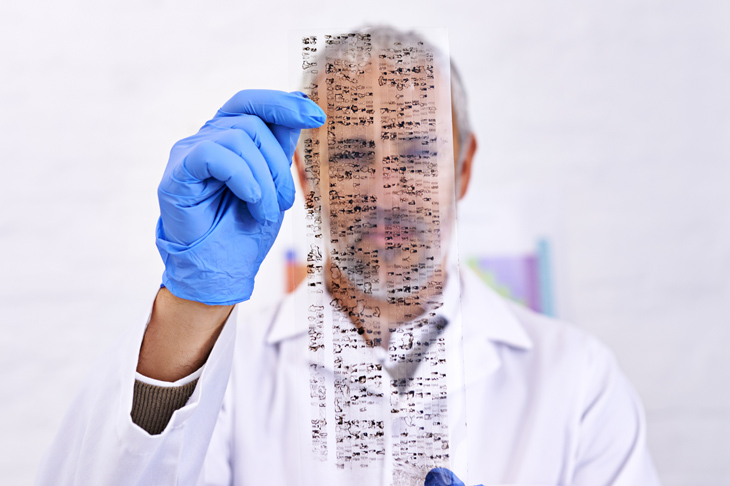
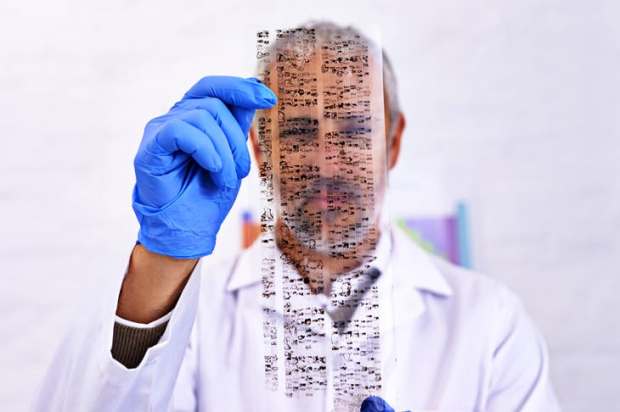
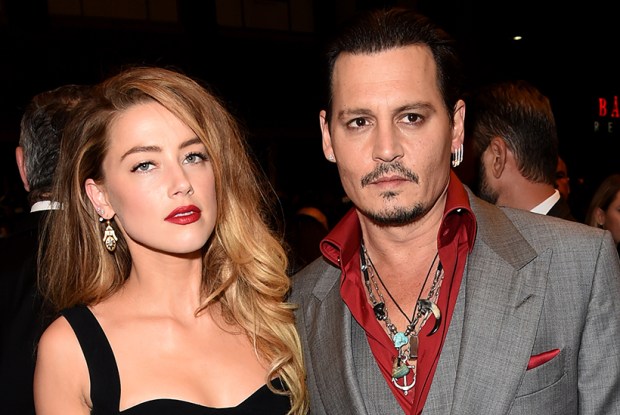
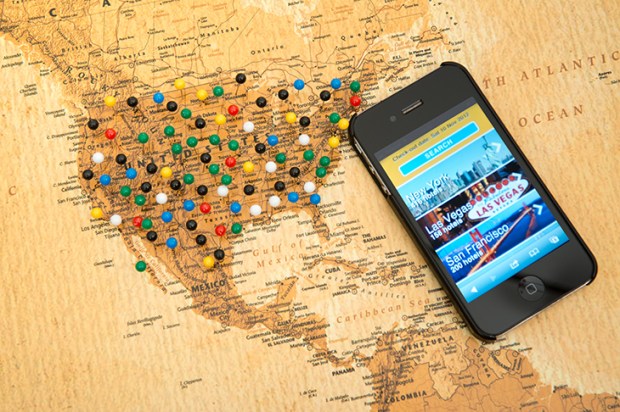


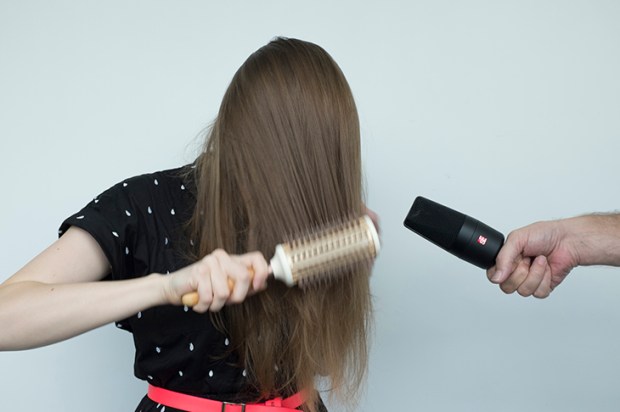






Comments
Don't miss out
Join the conversation with other Spectator Australia readers. Subscribe to leave a comment.
SUBSCRIBEAlready a subscriber? Log in